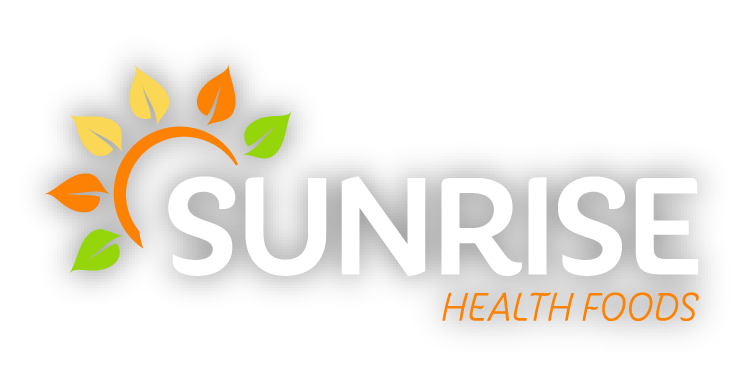Omega-3s

Carrying a pregnancy to full term increases chances of the child’s survival, healthy brain development, and immunity later in life. In this study, doctors measured levels of omega-3s during the first and second trimesters in 376 women who gave birth very prematurely—before 34 weeks—and in 348 women who had full term births.
Women whose combined circulating levels of EPA plus DHA were 1.6 percent or less of total plasma fatty acids were 10 times as likely to have a preterm birth compared to women whose levels were 1.8 percent or higher.
Commenting on the findings, doctors said, “At a time when many pregnant women are hearing messages encouraging them to avoid intake of fish altogether due to mercury content, our results support the importance of ensuring adequate intake of long-chain omega-3 fatty acids in pregnancy,” to help ensure a full term birth and a healthy child.
5-MTHF boosts folate levels
Mothers’ folate levels are critical for avoiding neural tube birth defects in children, and a type of folate, L-5 methyltetrahydrofolate, or 5-MTHF, may be more effective for boosting folate levels than folic acid supplements.
In this study, 142 Malaysian women took a placebo, 1 mg of folic acid, or 1.13 mg of 5-MTHF, per day. The two doses were equivalent to 2.27 micromoles of nutrients each.
After 12 weeks, women taking 5-MTHF had folate levels 30 percent higher in red blood cells, and in plasma, than those taking folic acid. Both groups also had about 16 percent lower levels of homocysteine, an inflammatory factor, compared to placebo.
Reference: Ebiomedicine; 2018, S2352-3964, Published Online
Natural Insights for Well Being December 2018
We’re dedicated to discovering the benefits of good nutrition and healthy lifestyle, and hope the above article informs and inspires you to take an active role in your health.
Articles shared on our site are to provide nutritional information only and do not replace professional medical advice.



